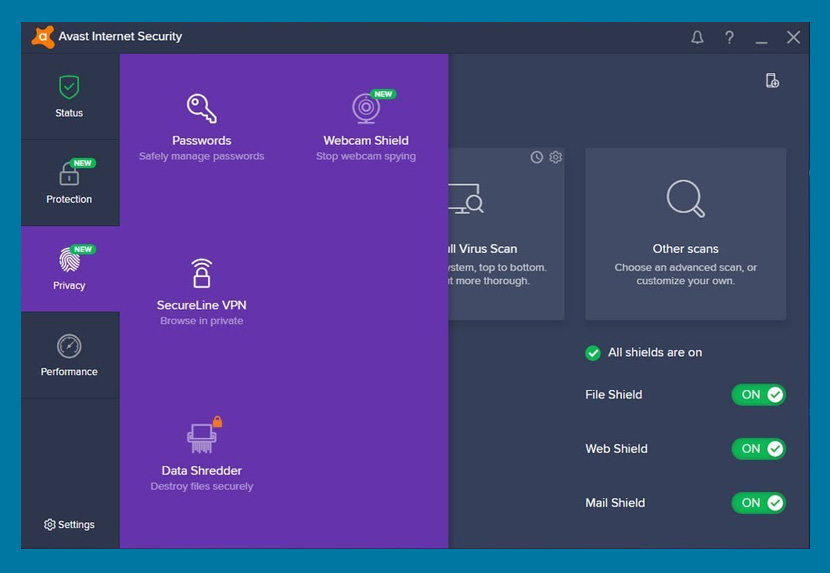

A number of browsers removed the Avast plug-in from their services after news of the data collection started to filter through last October. While Avast claims that it has always been open with its users about the data collected – and offered opt-outs for that that didn't want their data harvested – it certainly ran into problems with major browser operators. Nothing can be used to identify or target individuals.” Using Jumpshot’s patent-pending algorithm, all of the personally identifiable information is removed from the data before it leaves Avast servers. “We provide Jumpshot with anonymized and aggregated data that we collect from scanning the 150 billion URLs our users visit each month. In a 2015 post on its site, Avast explained how the collected data is used and personal data removed:

The information – which Avast maintains is anonymous – has been harvested and repacked for a subsidiary, Jumpshot, which it obtained in 2013. These show that Avast has been selling its users' data to high profile customers, such as Google, Yelp and Pepsi.

#Avast online security safe Pc
The investigation, a joint probe by Motherboard and PC Mag, focused on leaks that the publications have obtained. Unsure about Avast Secureline? See our guide to the Best VPNs for 2020 Avast Selling User Data via Jumpshot The news came just weeks after it had stopped collecting information from its browser plug-in.Īvast has told us that is hasn't been harvesting information from its Secureline VPN product, although privacy-conscious Avast users are bound to feel cautious after this latest news.Īvast isn't alone in selling user data, but its methods are under scrutiny after this latest investigation.
#Avast online security safe software
This week, an investigation by Motherboard and PC Mag revealed that security brand Avast was using its antivirus software to collect personal user data.


 0 kommentar(er)
0 kommentar(er)
